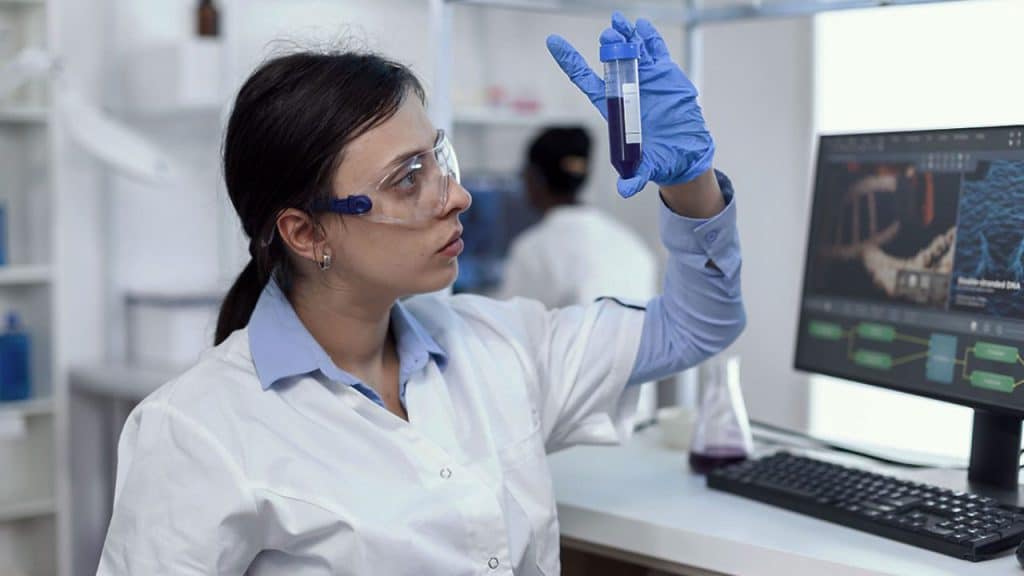If you’re looking into how to improve your longevity, at some point you’ll see a recommendation regarding biological age tests. This is one of the best starting points, the argument goes, to see how your health is currently progressing and identify areas of concern. What exactly are the pros and cons (https://longevity.technology/lifestyle/why-take-a-biological-age-test-pros-and-cons-explained/)?
In case you don’t know, biological age is a measure of how your body may or may not be deteriorating, quite separately from your age in years. Perhaps you have the heart of a 20-year-old but your brain is that of someone in their 40s. A range of different biomarkers can be used to assess various aspects of biological age, including hormones, proteins, telomere (found at the end of your chromosomes) length and DNA methylation.
There are some obvious advantages to this approach. Biological age is more specific and personalized than chronological age. That means it can give a more precise measure of health. This includes identifying risk factors or early warning signs before you show symptoms of disease. This, in turn, allows you to take preventative measures, whether through therapeutic interventions or lifestyle changes, to try to avoid further deterioration. It also ensures you can seek treatment for any illness as early as possible, before it can progress.
Learning about your biological age can be a motivator to start making changes. Even better, these changes, including things like diet and exercise routine, can be tailored to your unique biology and health needs. The results you get can also be used to help improve testing and responses in the future, contributing to ongoing research.
Of course, as with anything, there are some cons to offset these pros. Not all tests are equal, and they have varying degrees of accuracy. People are complicated, as is the aging process, and we have yet to figure out exactly how every single factor fits together. That means you can’t take your result as absolute, especially if you’re trying to interpret it yourself without expert guidance.
Other concerns include privacy and data security. These tests involve a lot of sensitive, highly personal information that you might not want to share. Then there’s the expense. They can cost a lot, even before you try to implement any recommendations from the results.
Always weigh the pros and cons before taking this type of test.




